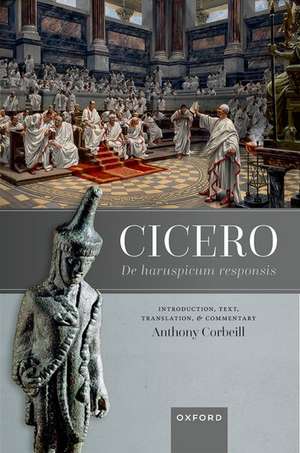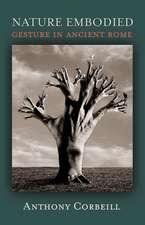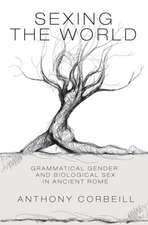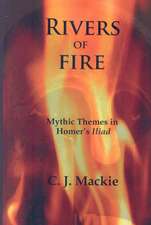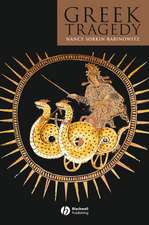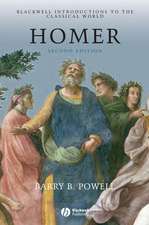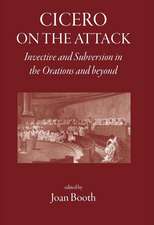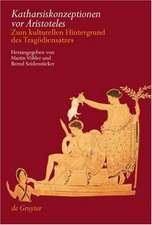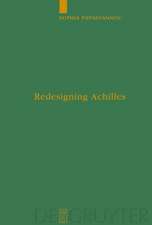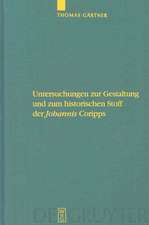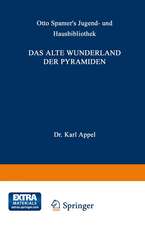Cicero, De haruspicum responsis: Introduction, Text, Translation, and Commentary
Anthony Corbeillen Limba Engleză Hardback – 25 aug 2023
Preț: 953.65 lei
Preț vechi: 1445.26 lei
-34% Nou
Puncte Express: 1430
Preț estimativ în valută:
182.54€ • 198.34$ • 153.43£
182.54€ • 198.34$ • 153.43£
Carte tipărită la comandă
Livrare economică 10-16 aprilie
Preluare comenzi: 021 569.72.76
Specificații
ISBN-13: 9780192868954
ISBN-10: 0192868950
Pagini: 408
Dimensiuni: 160 x 242 x 28 mm
Greutate: 0.77 kg
Editura: OUP OXFORD
Colecția OUP Oxford
Locul publicării:Oxford, United Kingdom
ISBN-10: 0192868950
Pagini: 408
Dimensiuni: 160 x 242 x 28 mm
Greutate: 0.77 kg
Editura: OUP OXFORD
Colecția OUP Oxford
Locul publicării:Oxford, United Kingdom
Recenzii
It accurately represents Cicero's thoughts and rhetorical flourishes without being overly modern or slavishly modeled on his often-ornate sentences. The commentary is a mine of information. Corbeill excels at explicating textual issues and the finer points of Latin grammar and lexicography, and his remarks on Roman politics, rhetoric, and Roman and Etruscan religion are invaluable. Anyone interested in these topics will find Corbeill's book invaluable and indispensable.
[This edition] will undoubtedly constitute the reference text for Cicero's oration and which represents, if I may say so, a true monumentum aere perennius for the de haruspicum responsis.
[This edition] will undoubtedly constitute the reference text for Cicero's oration and which represents, if I may say so, a true monumentum aere perennius for the de haruspicum responsis.
Notă biografică
Anthony Corbeill is Basil L. Gildersleeve Professor of Classics at the University of Virginia. He received his PhD from the University of California, Berkeley and is author of Controlling Laughter: Political Humor in the Late Roman Republic (Princeton, 1996), Nature Embodied: Gesture in Ancient Rome (Princeton, 2004), and Sexing the World: Grammatical Gender and Biological Sex in Ancient Rome (Princeton, 2015). He has held fellowships at the Thesaurus Linguae Latinae (Munich), American Academy in Rome, Institute for Research in the Humanities (Madison), All Souls and Corpus Christ Colleges (Oxford), and the Institute for Classical Studies (London).
